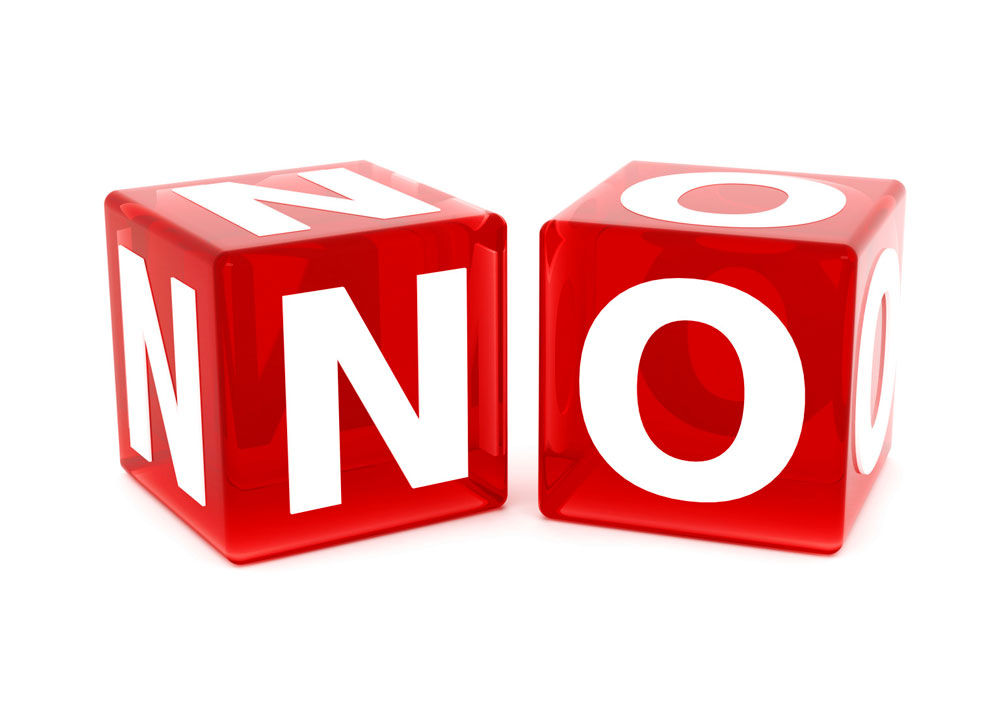Deciding what to do consumes an inordinate amount of time. We seek solutions to every type of problem. Want strategy? Look at dozens of business books and guess which concept will work best. Want personal productivity? Evaluate every planning system and choose the best. Want great employees? Profile, inventory, build competency models, interview, and nab the best. Recognizing excellence is critical, but what if there is a step that comes first?
For every idea we accept, for every employee we hire, and for every idea we pursue, there are dozens we turn down. Yet we orient our systems towards identifying the best. Well, the best only comes along once in any campaign. But the worst, the mediocre, and the good-but-not-so-great come along a dozen times. So learning to recognize when to say no is more important than knowing when to say yes. Eliminate the choices that won't work and save your resources.
I read a book a few years ago called "High Probability Selling" by Jacques Werth. Werth takes the no approach with sales. Rather than training salespeople to persuade prospects to buy, the High Probability Selling approach assumes lots of people want to buy. It suggests great salespeople should excel at eliminating lousy prospects quickly, so they can focus on the high quality prospects.
HR departments review piles of resumes. The typical approach is to screen resumes with the inquiry what skills do we want, and who has them? But it can be powerful to start by asking what things do we know we don't want, and eliminate those candidates first. One entrepreneur immediately disqualifies a candidate if their only past experience is consulting or investment banking. As he explains, "I don't have time to train someone in how to turn analysis into results. If someone has only worked at analysis jobs, I know to pass them up." Knowing when to say no streamlines his first cut at hiring.
This applies in personal life as well as business. Most people say yes too often. A clear sense of personal priorities helps you know when to say no. One executive realized he was missing out on quality family experiences. He made his family a priority by adopting a habit of saying no to project and job offers that didn't allow enough family time. By making it a non-negotiable point, he was able to instantly disqualify opportunities that conflicted with his goals.
Try turning your decisions inside out. Find out whether you can identify no criteria in various life categories, and evaluate how starting with no could make a difference in your life.
• To which job candidates will you say no?
• To which projects will you say no?
• To which invitations will you say no?
• To which leisure activities will you say no?
• To which intrusions on your time will you say no?
(c) 2008. Andrea M. Hill











